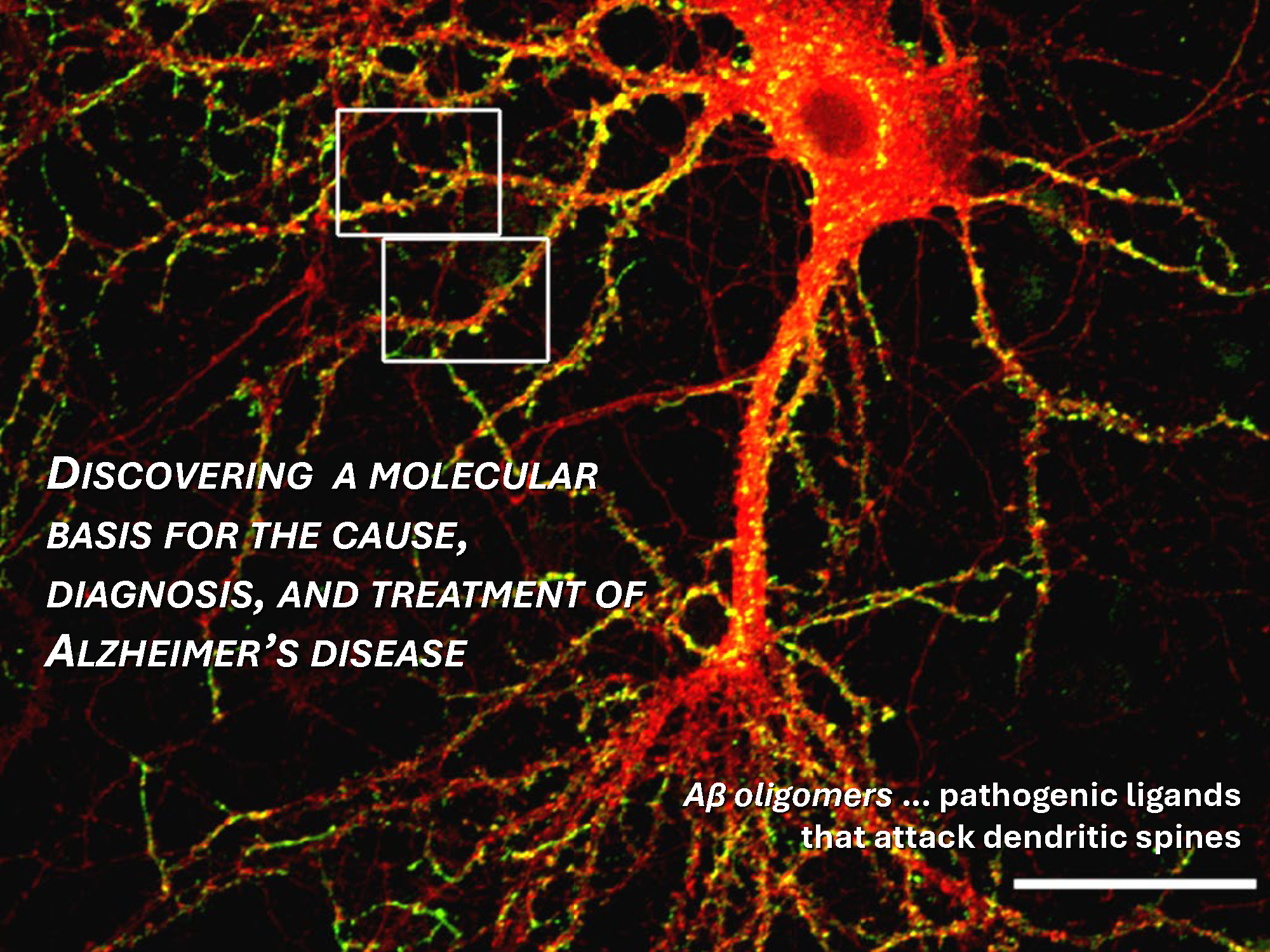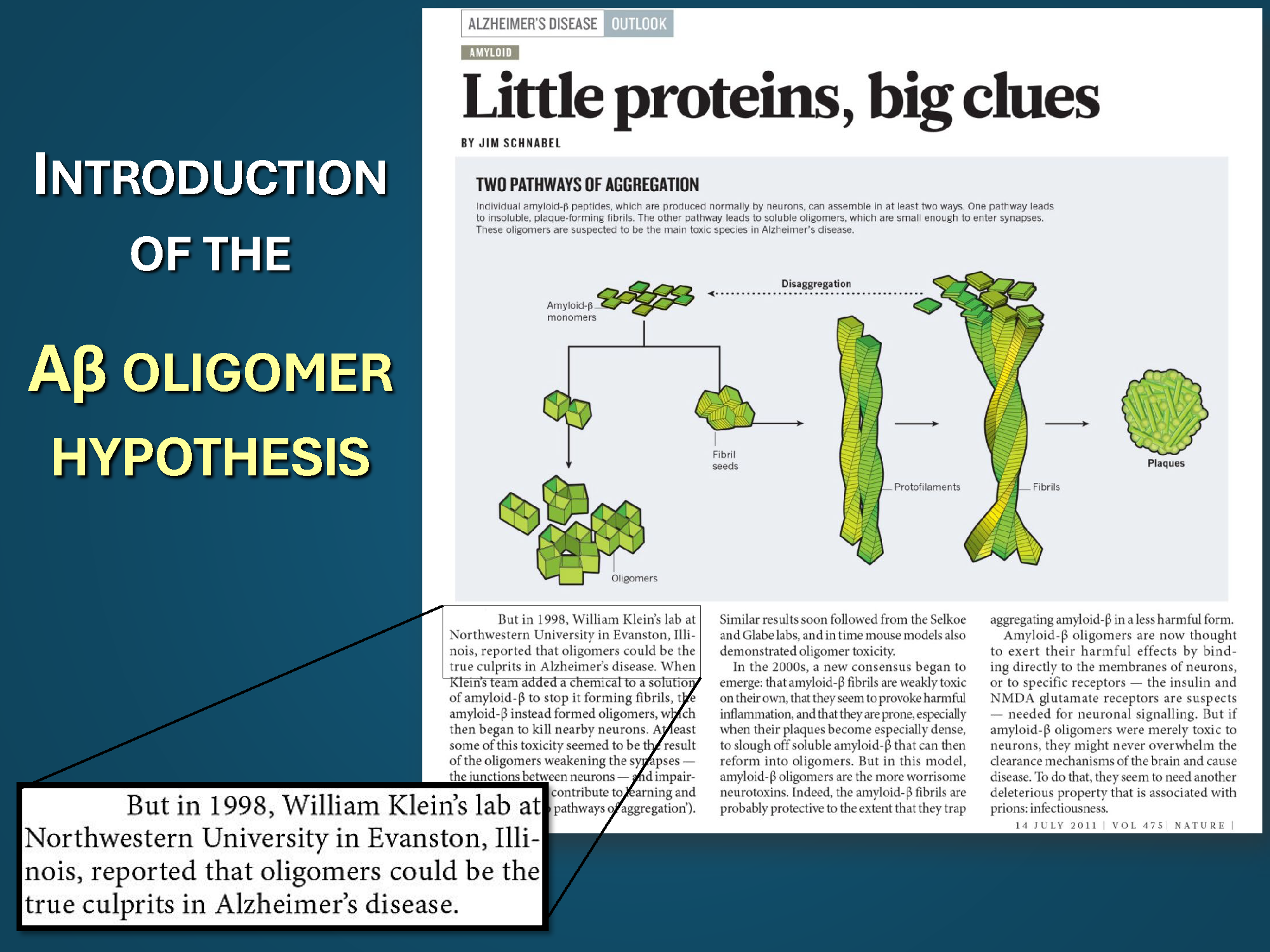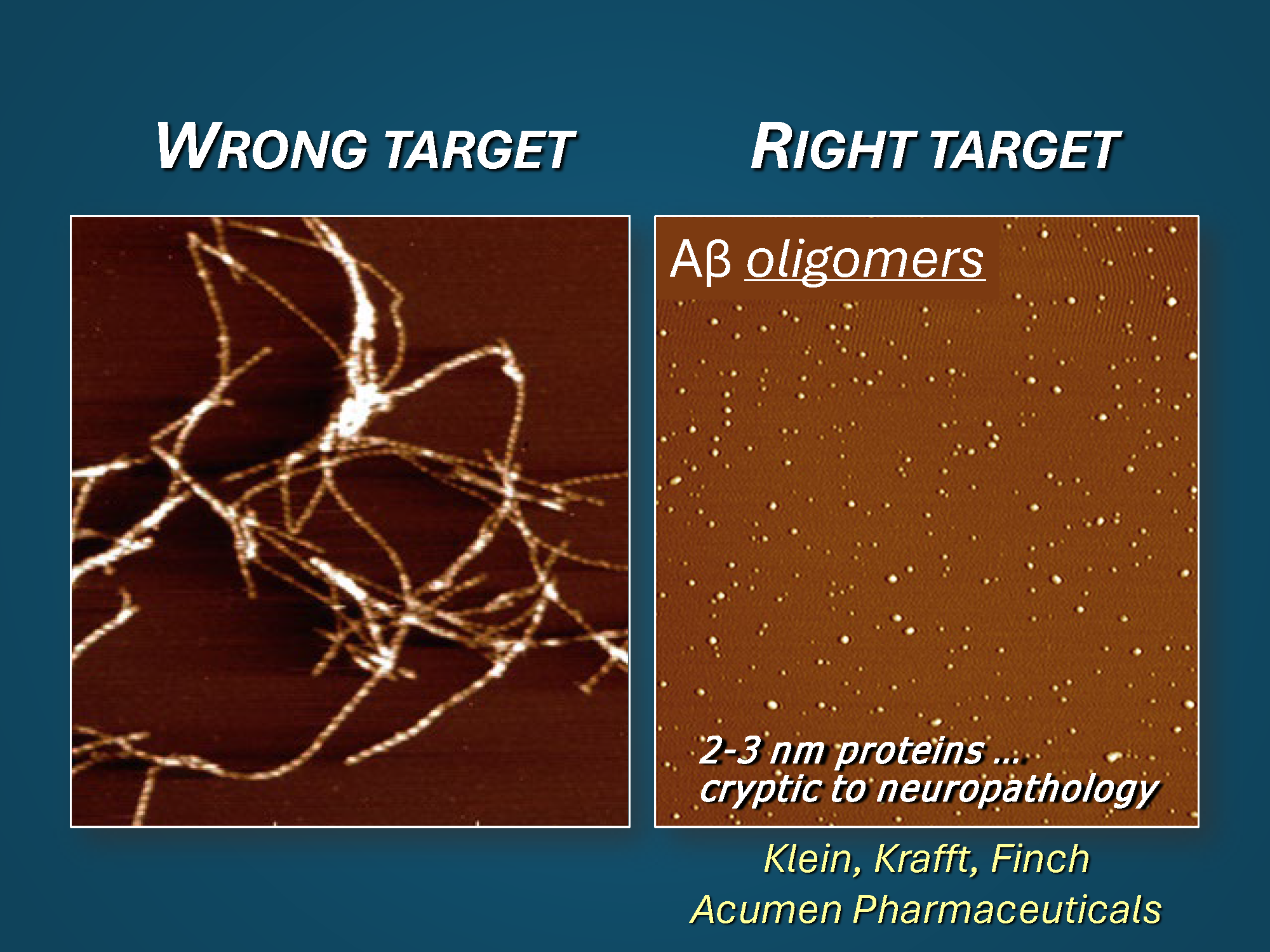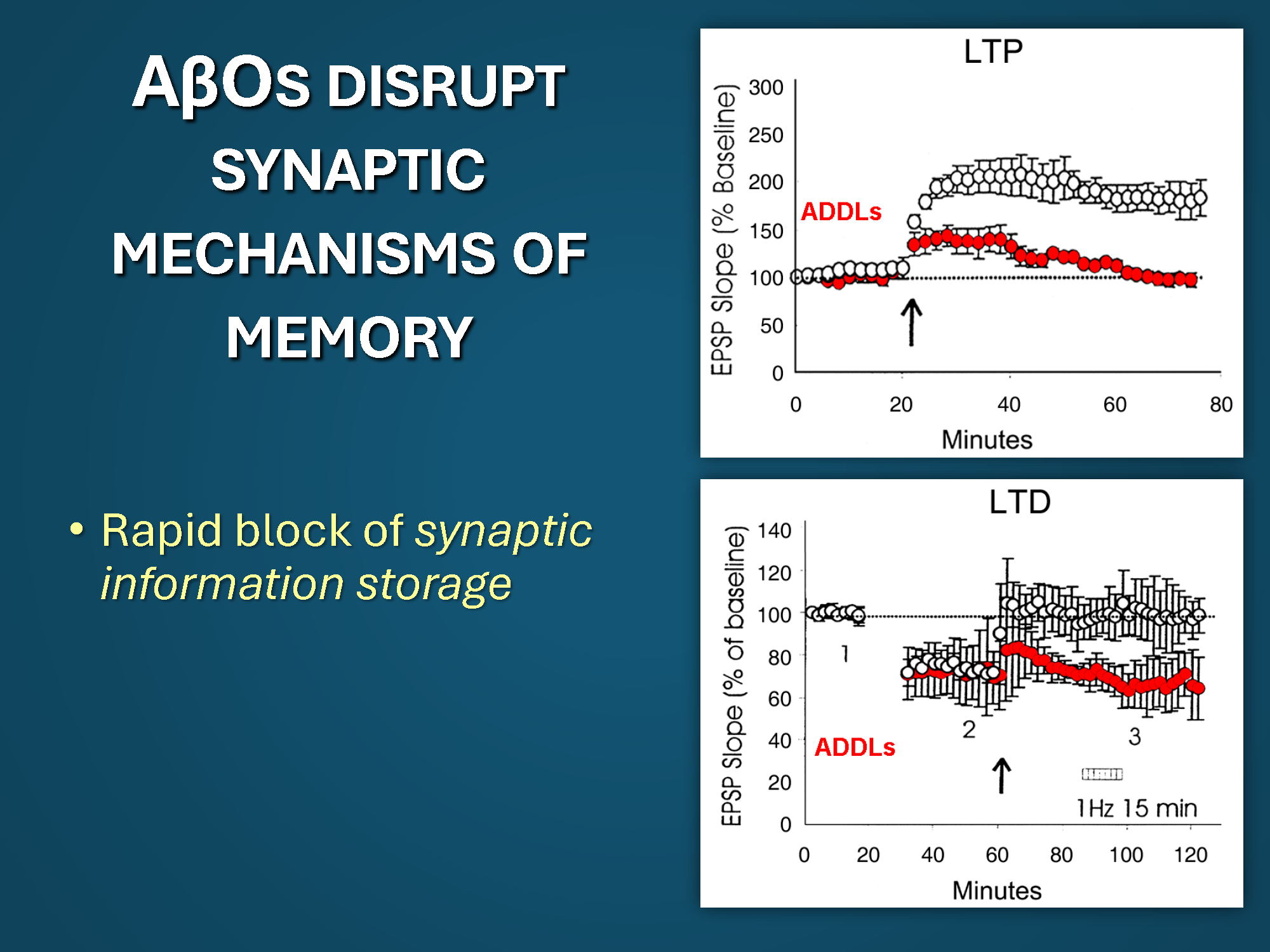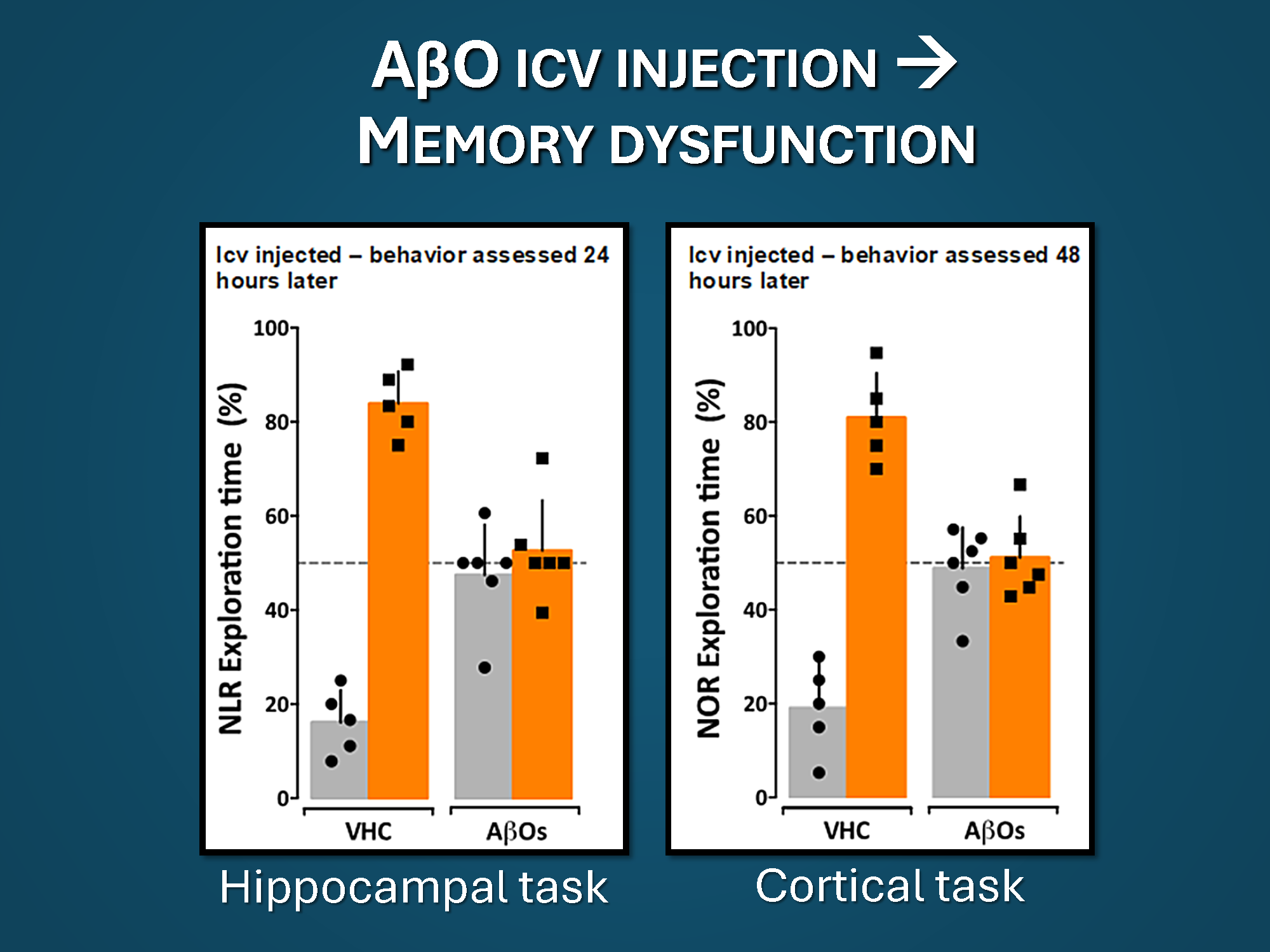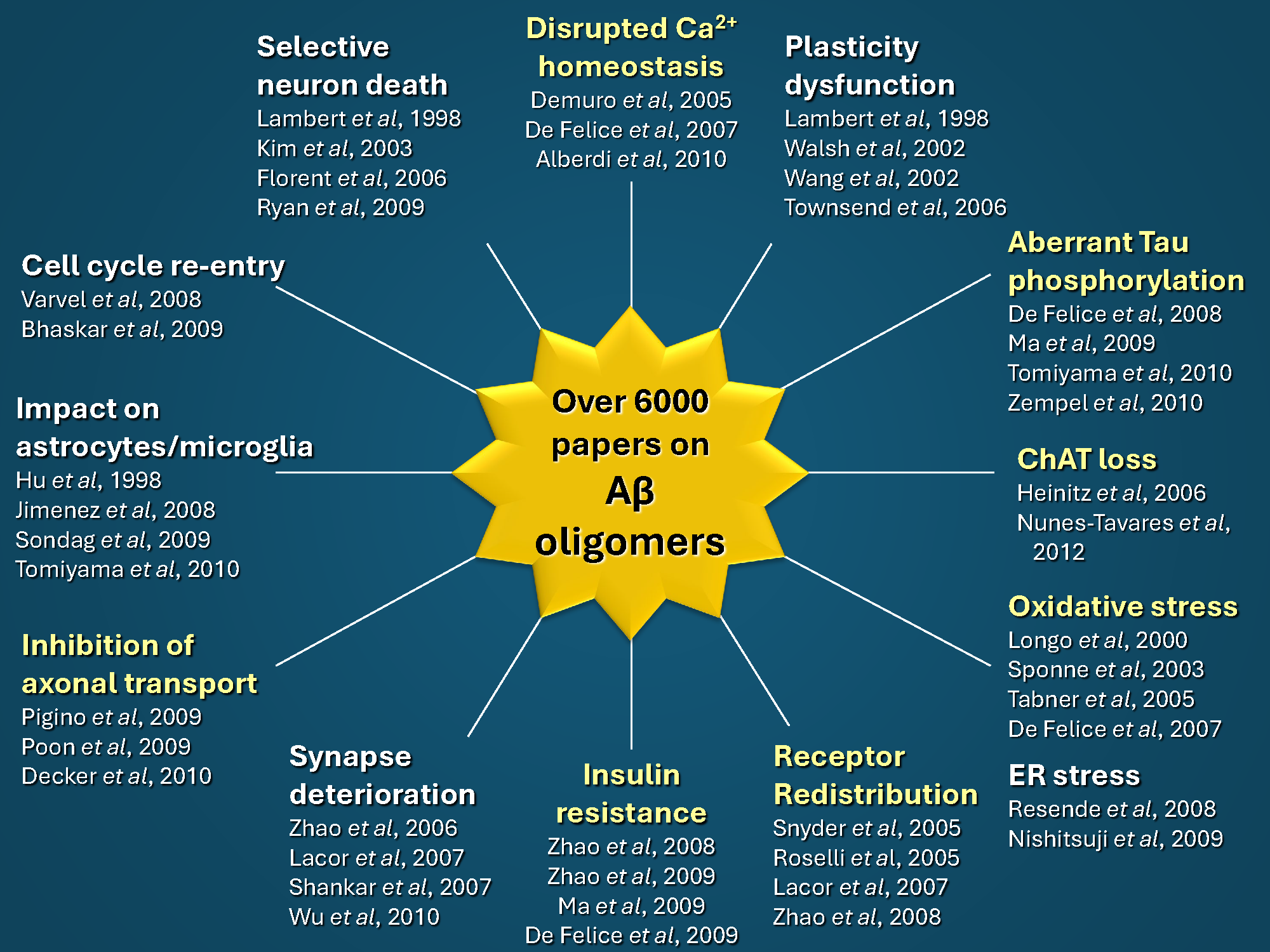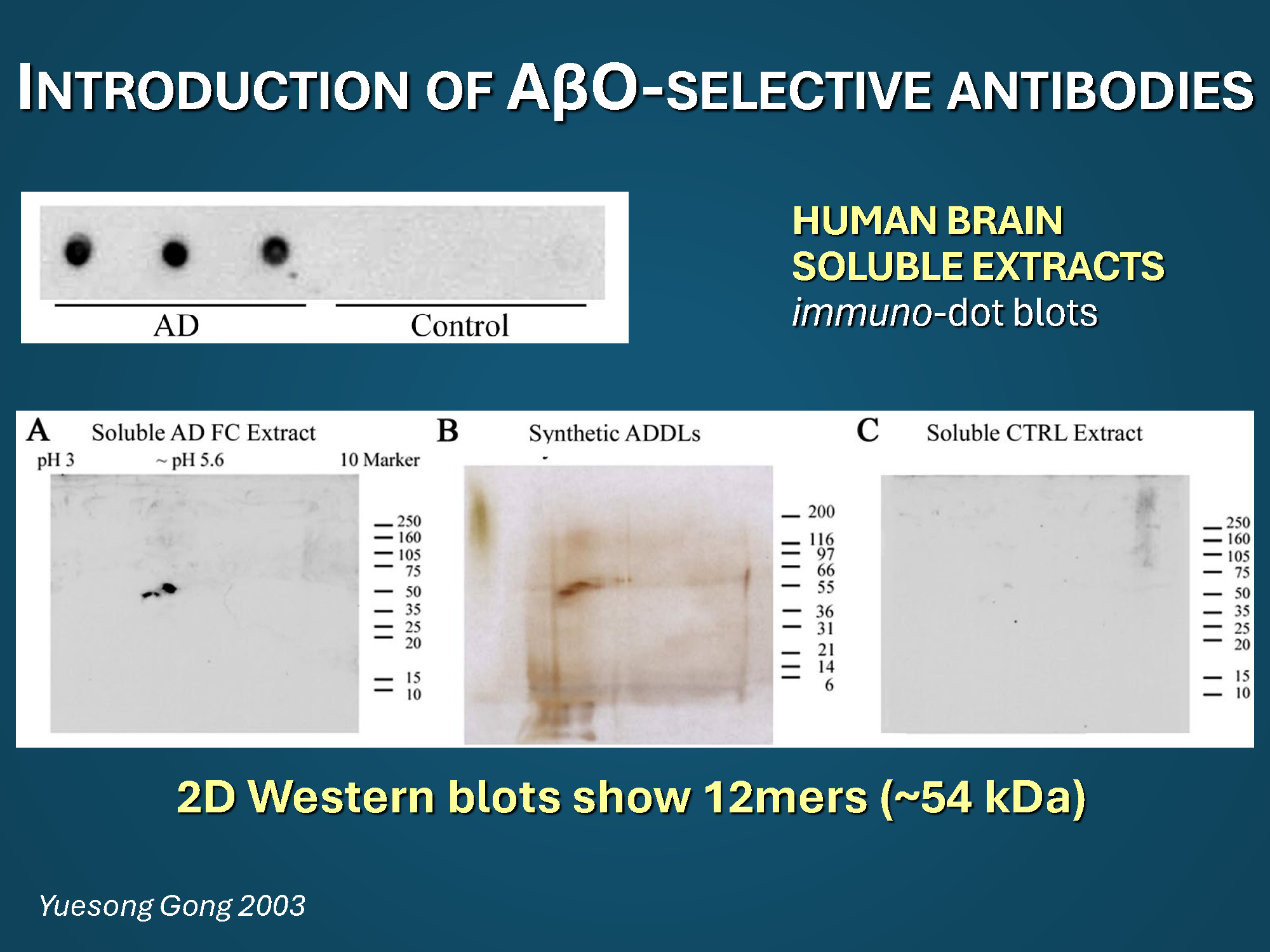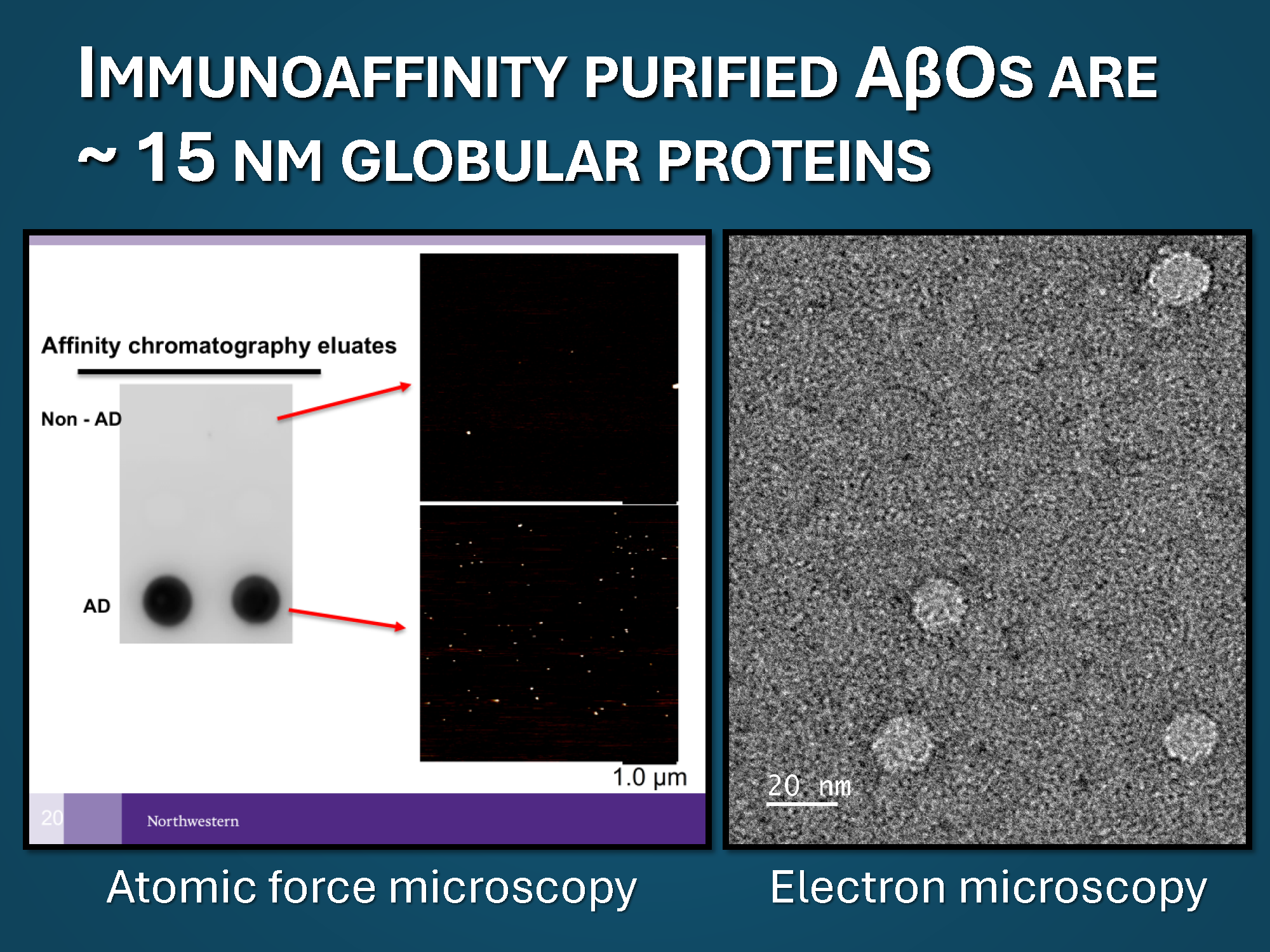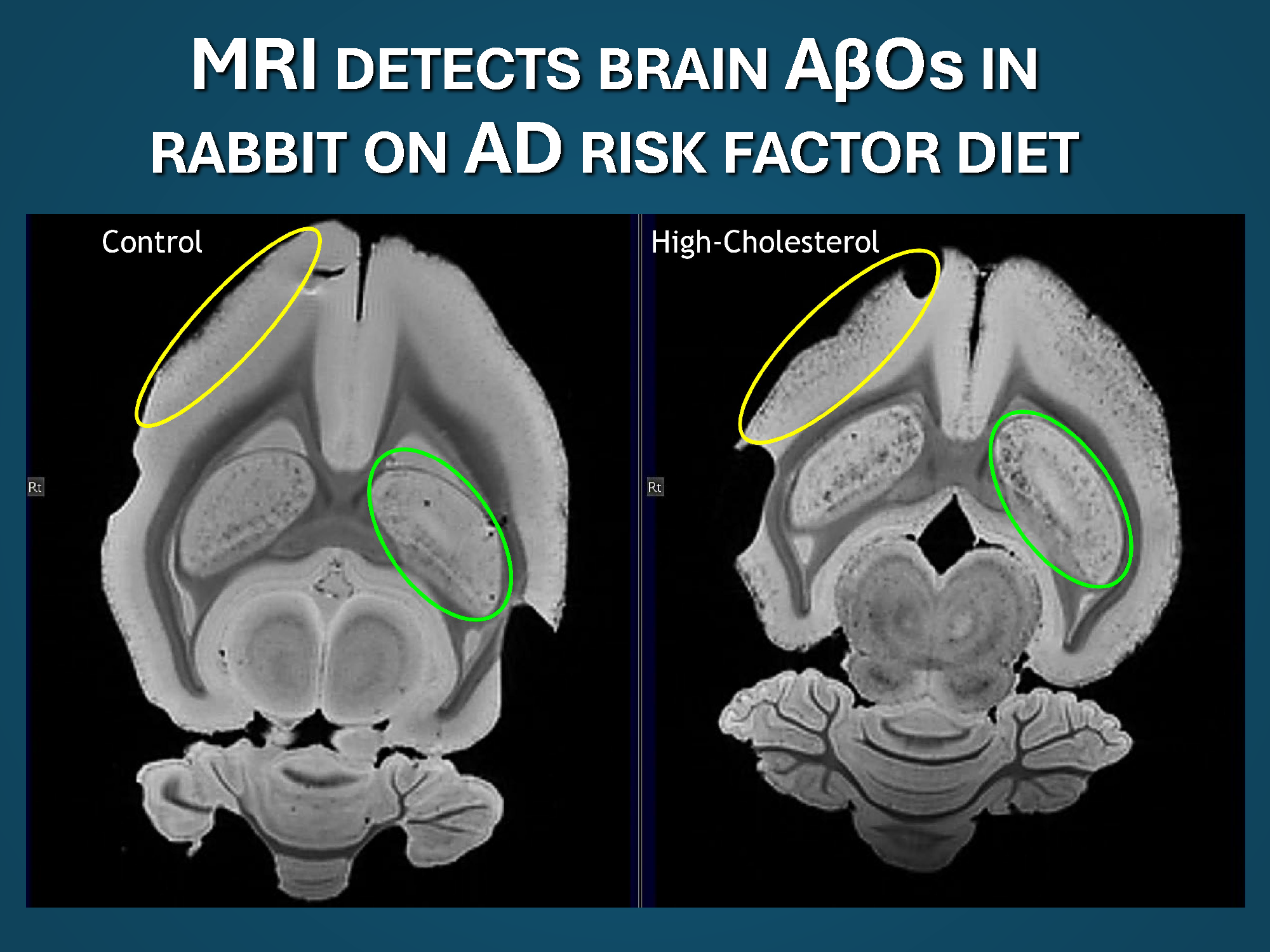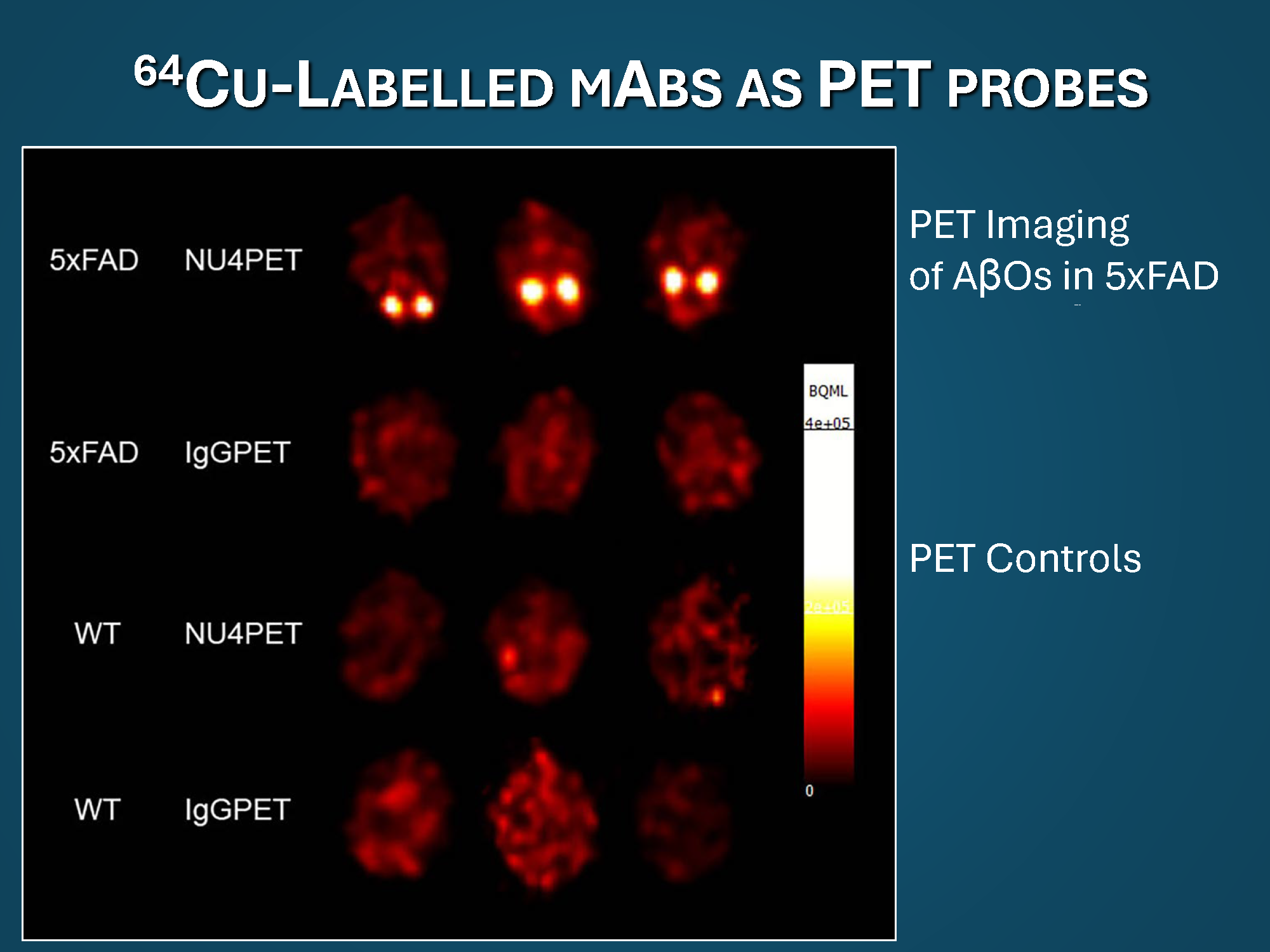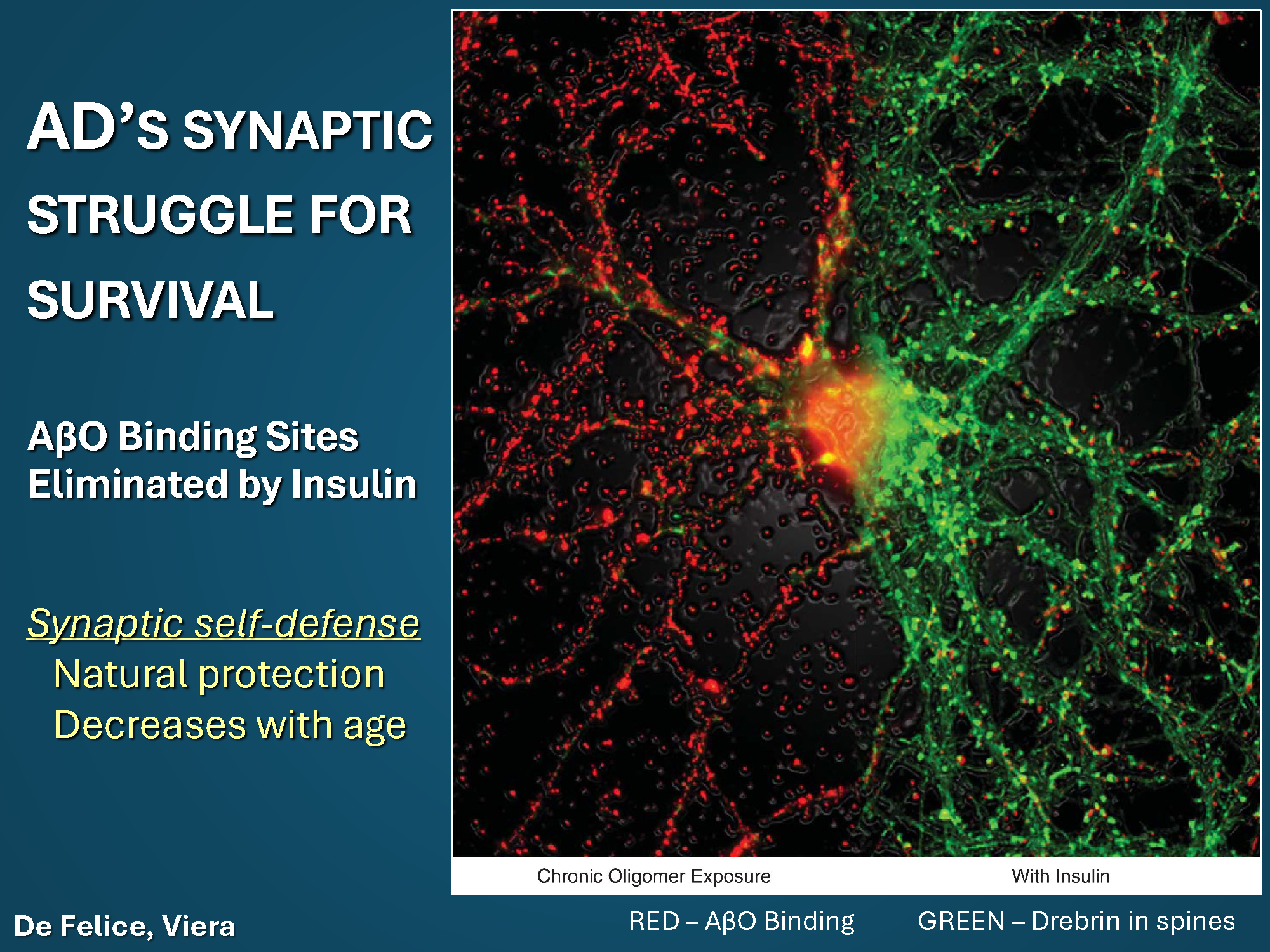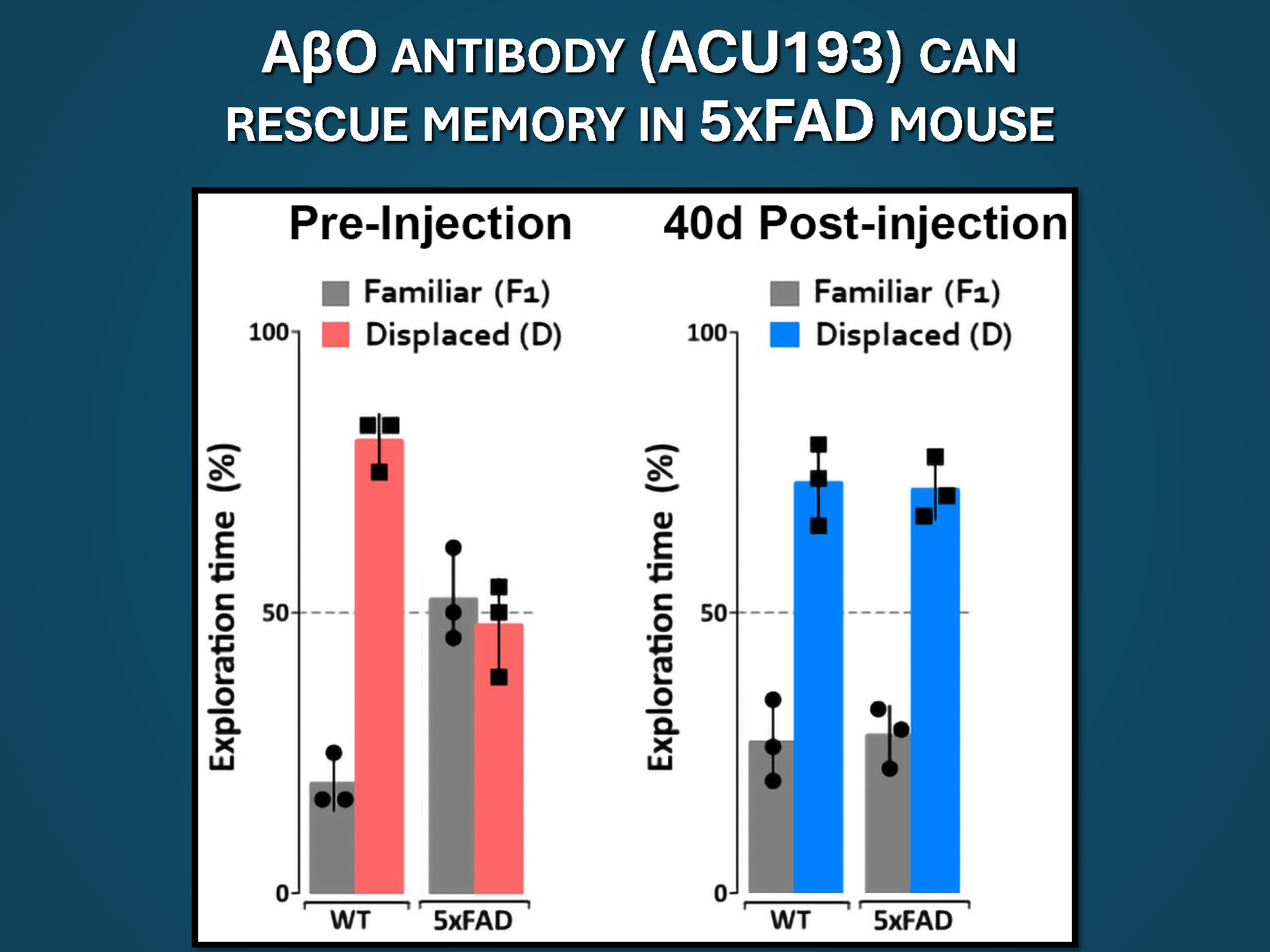Research into the cause, diagnosis and treatment of Alzheimer’s disease
The Klein lab is helping lead the way to a molecular basis for the cause, diagnosis, and treatment of Alzheimer’s disease
Today’s Alzheimer’s epidemic will confront virtually every family. This year alone it will cost the US $300 billion, more than any disease other than cancer and heart disease.
In a breakthrough that changed the field, our team discovered that soluble amyloid proteins found in the AD brain are potent neurotoxins now believed to trigger the brain damage underlying dementia. These neurotoxins are soluble oligomers of the Aβ peptide. The Director of Neuroscience for the National Institute on Aging has written “Progressive accumulation of amyloid beta oligomers has been identified as one of the central toxic events in AD….”
Our ongoing research takes us from structural biology to nerve cell biology to drug discovery, from neurodevelopment to neuropathology, from developing antibodies for research and therapeutics to developing modified antibodies for MRI and PET imaging.
We are a small team, but we collaborate with many colleagues at Northwestern and around the world. Our preclinical approach to immunotherapeutics at Northwestern has been developed by Acumen Pharmaceutical into a new AD drug candidate called sabirnetug. Acumen is an Alzheimer’s biotech founded by Drs. Klein, Kraft, Finch and Harrison, and sabirnetug just completed a successful phase 1 clinical trial. The reviews below are helpful for introducing our research, the first starting at the beginning of the Abeta oligomer field and the second spanning two decades of progress.
